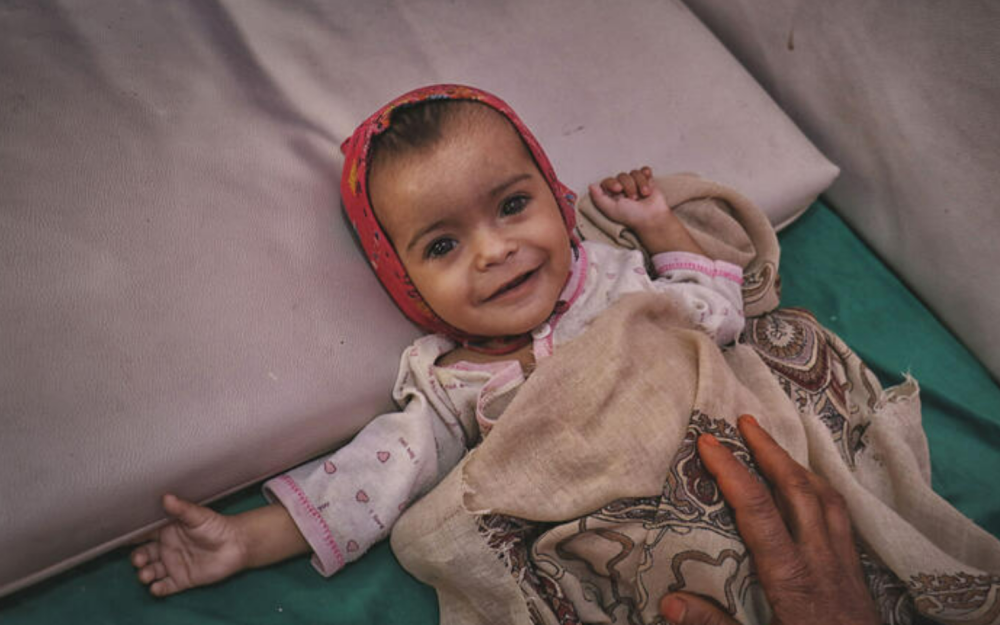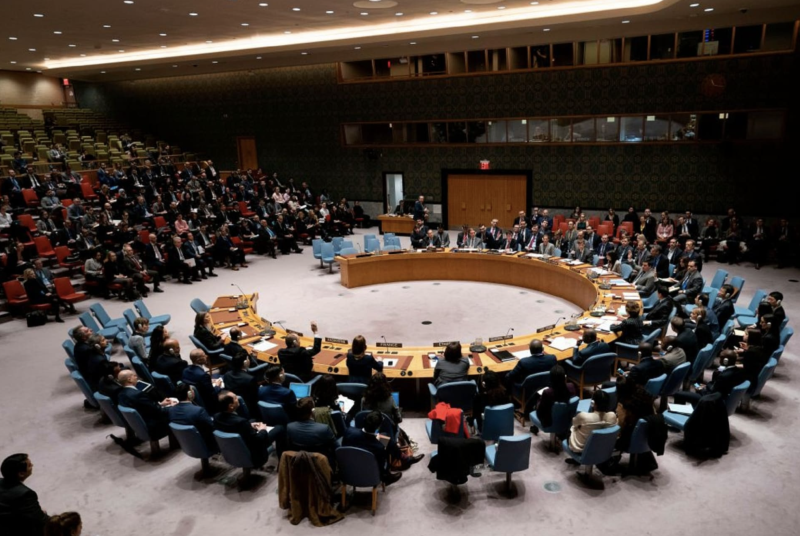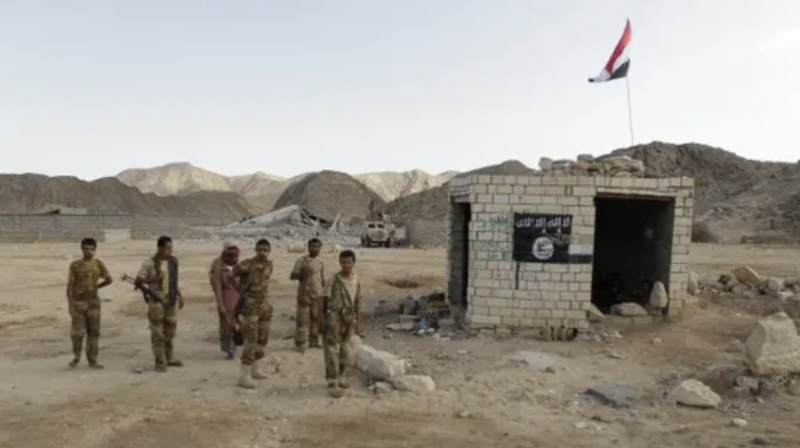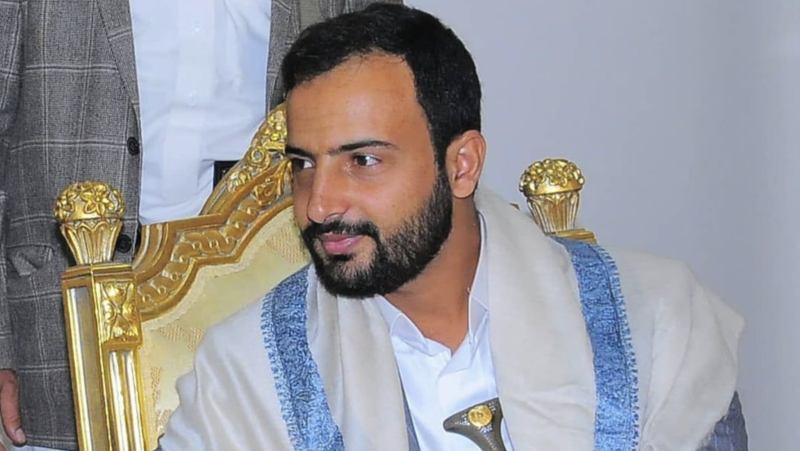Advancing health, rebuilding knowledge: Yemen’s heroes—the key to sustainable health outcomes


Multidimensional poverty, economic deterioration, illiteracy, and security, all remnants of a prolonged conflict, have coalesced into a forgotten crisis that has gripped millions of Yemenis, who continue to suffer from the highest rates of chronic malnutrition and poor health in the world.
“I’ve been a doctor at the Therapeutic Feeding Center (TFC) since day one. I work with severe acute malnutrition (SAM) cases referred from the hospital’s emergency department and from other hospitals in Aden and nearby governorates,” says Dr. Mohsen Saleh, a pediatric doctor at Al Sadaqah Hospital. The hospital admits an average of 60 SAM cases each month for immediate and urgent treatment.
Knowledge that saves lives
According to the Evaluating Capacity Development report, the required skill set in public health nutrition is the ability to, at various levels (i.e. individual, group, organization, workforce, system, state, and ecosystem) perform effectively, efficiently, and in a sustainable manner to achieve objectives such as improved health.
The World Health Organization’s (WHO) partnership with the King Salman Humanitarian Aid and Relief Centre (KSrelief) provided healthcare workers, medical students and resident doctors with diversified training packages to equip them to effectively manage SAM cases and build capacity in malnutrition prevention across eight major teaching hospitals.
“We are a team of doctors and nurses skilled in many areas, that complement one another. The entire medical team and healthcare students were trained in this program provided by WHO and KSrelief. And thanks to their support, we are able to offer patients improved quality of care,” Dr. Mohsen adds, “this training reflected on the services provided by the TFC. Now, facilities are able to offer a suite of essential services, providing children with optimal care.”
To medical students, hospitals that lack any established TFC, limit specialized malnutrition or SAM with medical complications learning. This was not the case for Mohammed al-Aidaros, a senior medical student. He says: “My first responsibility is to gain knowledge and experience and to support the medical staff. This was demonstrated in the intensive practice of diagnosis and providing quality health and nutrition care to children with SAM.” Being close to patients and having an in-depth experience made all the difference. He adds: “I learned closely how to treat children with malnutrition, this advanced my scientific knowledge and helped me gain confidence to practice medicine in the future.”
Doctors and medical students work to ensure the delivery of a comprehensive set of services to children and their parents—from examination and medical support to food aid, consultation sessions, and close mentoring sessions until patients recover. This increased health knowledge has sparked a positive chain reaction—resulting in improved quality of care and elevating beneficiaries’ overall health and nutrition status. This specialized treatment package, offered by newly trained professionals, has improved health-seeking behavior and increased the adoption of key nutritional habits among parents, who before knew very little about health and nutrition.
According to Dr. Mohsen, the shift in malnutrition treatment started with the establishment of the hospital's therapeutic feeding center. This critical first step opened the door for specialized malnutrition with medical complications treatment, life-saving care, and training. The emphasis remains on human capital knowledge and capacity-building, and practicing and transferring knowledge that reflected a rapid increase in the quality of medical and nutritional services and the number of lives saved.
The impact went beyond medical professionals, according to Dr. Mohsen: “The corrected nutritional information delivered to parents and caregivers during nutrition counseling sessions broadened the impact at the community level. The information they get help them prevent any reversal in their children’s health while spreading the word in the community.”
This is the type of knowledge that saved lives, according to Dr. Mohsen, “There is a special medical method to treat children with severe acute malnutrition. You can’t treat a healthy child and a malnourished one the same way. The basics are different for each. And through this training, staff were enabled and empowered to properly treat vulnerable children, putting them on the path to recovery.”

NewYork -- The United Nations Security Council has urged all parties in Yemen to de-escalate tensions and intensify diplomatic efforts to end the c…

Marib — A senior al-Qaeda commander was killed Tuesday in a suspected U.S. drone strike in Yemen’s northern province of Mareb, accordin…

London — The United Kingdom has announced new sanctions targeting Hussein al-Houthi, son of Abdulmalik al-Houthi, leader of the Houthi militi…